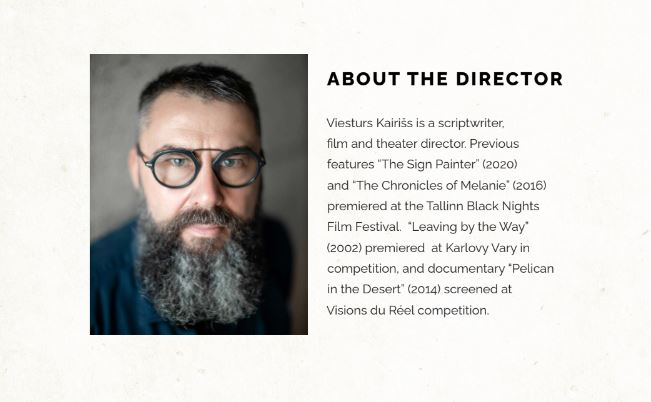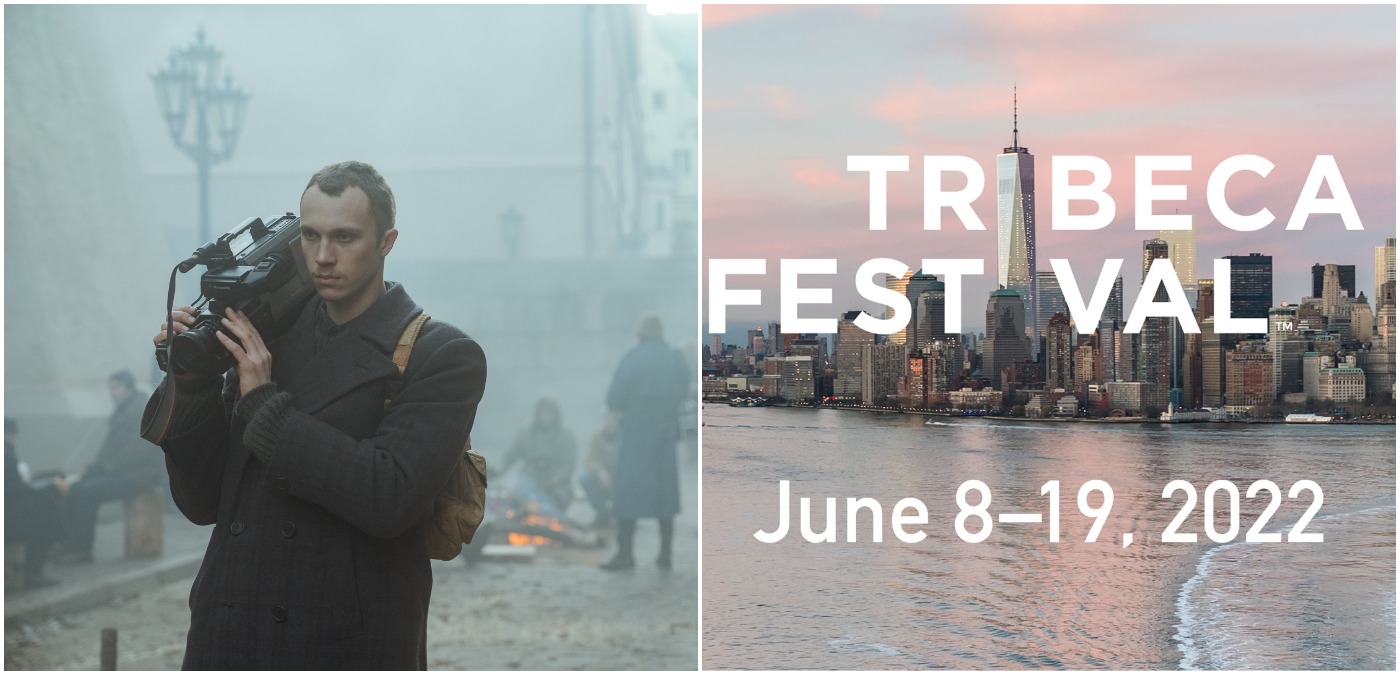“I really remember a nation, and a society, fighting for their freedom. Myself, my friends, fighting for our individual freedom,” filmmaker Viesturs Kairišs said of the semi-autobiographical weight behind his latest feature, January, set to debut in competition at the 2022 Tribeca Film Festival on Friday, June 10.
His coming-of-age film – the tale of a 19-year-old aspiring cinematographer, Jazis (Karlis Arnolds Avots), whose life is thrown into chaos as peaceful protests against the Soviet Army’s takeover turn bloody – compels viewers and its characters to follow their dreams with survivalist energy.
“We did this through cinephilia; films, filmmaking, etcetera, for during those times it was really complicated,” he added. “Film education, at the time, was only in Moscow, Russia, and borders were closed suddenly; we didn’t know anything about the West world. There was, in a way, no future – which was what made making films life or death.”
The Latvian national, 51, deploys a documentarian approach to properly send-off a time period clearly near and dear to his heart. This is the beginning of the end of Soviet Russia in January,1991 as seen through the eyes of someone who represents the headspace and tormented place he (Kairišs) and his friends were living in at the time. Unproven, defiant kids use cameras to capture the madness and fleeting nature of life all around them, and to carry this film from a stellar international offering to a stellar film period.
Despite its obligatory intensity and applicability to modern times, the moving film runs as comedic during periods of great excess as it does lean into the tragedy when it’s frequently called upon to. Post-Tribeca, January will ideally make the big-screen rounds all over the world, and hopefully collect audiences stateside as well – whether at the theater, or on a streaming platform.
Either way, you would be hard-pressed to find a more delightful hangout movie hiding in plain sight within a socio-political drama. Dancing alone, together has never felt as universal than during the college night-life sequences depicted here. Kairišs also uses the opportunity to pay tribute to the American film that most inspired his social circle at the time, Jim Jarmusch’s Stranger than Paradise (1984),which taught them beautiful cinema is unbounded by geography.
“It was very important that these people were brought together through strong emotion. We [those who lived during these “crazy” times] always went against the stream, when we were young. With Russia and Putin again, now, it [reminds me] what we did with our own barricades; getting cigarettes, food, chasing the never-ending parties and carnivals. It gets desperate. You could feel sexuality all around. I remember all those characters very well, because I was one of them.”
Having said that, Kairišs elects creative “autonomy” when bringing the people from his past into his art. “Everyone has their own story,” he said, “‘stop, stop, it wasn’t like this, it was like this.’ It’s very important to keep myself out of it…”
But, as is the case with any deeply personal story daring to tackle a topic as inherently introspective as one’s own journey toward appreciating individual freedom, Kairišs could not help but find his way into the world of his latest batch of characters. And we are all better off for it.
“To make movies,” he said, “it’s, of course, a complete exaltation. Today, everybody has an iPhone. But back then, it was really something. She [one of his characters who utters “I want to make a movie — I don’t want anything else. I’ll either be filming, or dead.”] would never want to die, but to speak in those terms, you realize what it is. It’s real freedom, during anarchy, over everything.”
January heads into Tribeca seeking distribution. The film was made from a script penned by Kairišs, co-written alongside fellow screenwriters Andris Feldmanis and Livia Ulman. In addition to Avots, it also stars: Alise Danovska, Baiba Broka, Aleksas Kazanavičius, Juhan Ulfsak, and Sandis Runge.
Stay tuned for The Messenger’s continued coverage of the 2022 Tribeca Film Festival over the coming weeks.








